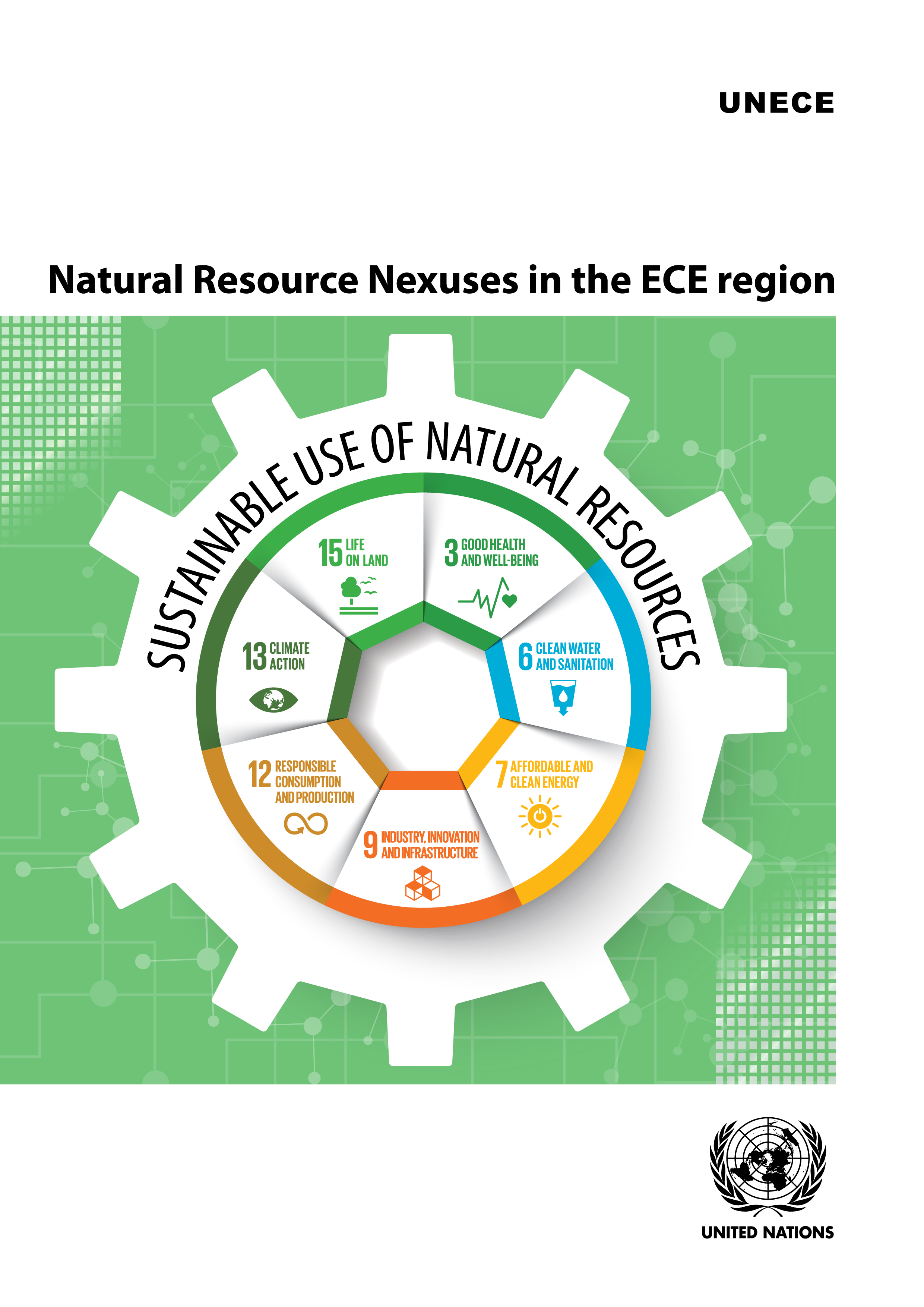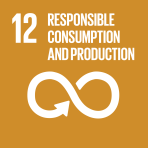Natural Resource Nexus Areas and the ECE region: Pathways to integrative natural resource management

- Author: United Nations Economic Commission for Europe
- Main Title: Natural Resource Nexuses in the ECE Region , pp 91-100
- Publication Date: May 2021
- DOI: https://doi.org/10.18356/9789210052924c010
- Language: English
Part 2 of this study outlined some of the many interactions which make necessary a nexus approach to evidence-based policymaking, notably in the field of natural resources, defined for this study as water, food, energy, land and materials, with the cross-cutting dimensions of trade and transport (see page 7). If well implemented, nexus approaches have the potential to optimize efficiency in achieving goals and reduce negative externalities while promoting integrated planning, management and governance. Part 3 identified seven “nexus hotspots” in the area of natural resources, where a nexus approach is necessary and where the ECE is already making a significant contribution (see page 26). For each hotspot, it briefly described the interactions and challenges, as well as ECE’s main activities for this hotspot. One additional premise for the natural resource hotspots has been to showcase different types of challenges facing any prospect for integrative natural resource use. For instance, the natural resource hotspots identified different intersectoral challenges, such as food loss and waste, transboundary natural resource use and life cycle assessments, to systemic challenges, such as the lack of integrative data and information, to financing concerns, such as land value capture, to integrative natural resource management, such as landscape restoration and integrative energy use. Together, these hotspots demonstrate a wider and cross-cutting set of factors affecting the natural resource nexus.
-
From This Site
/content/books/9789210052924c010dcterms_title,dcterms_subject,pub_keyword-contentType:Journal -contentType:Contributor -contentType:Concept -contentType:Institution105



